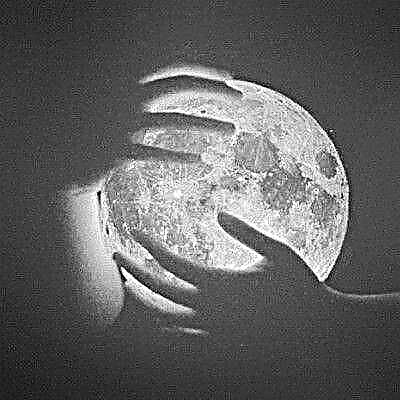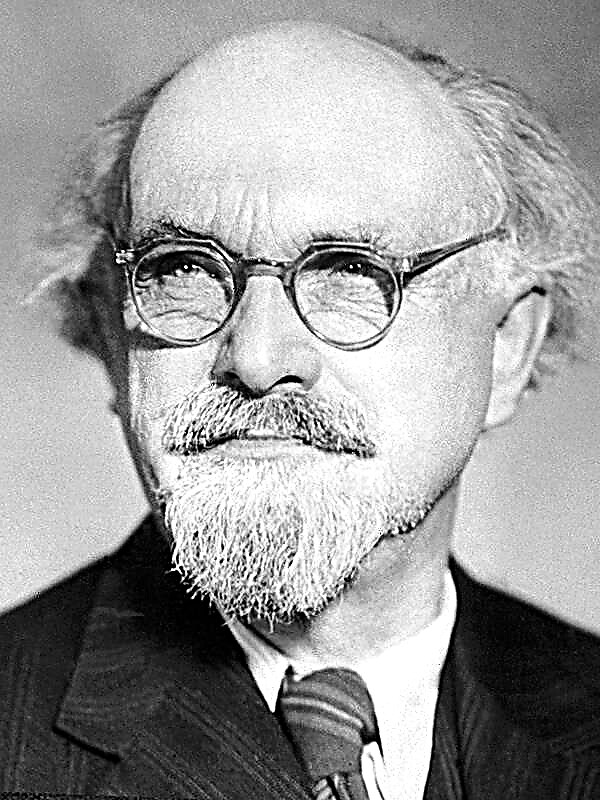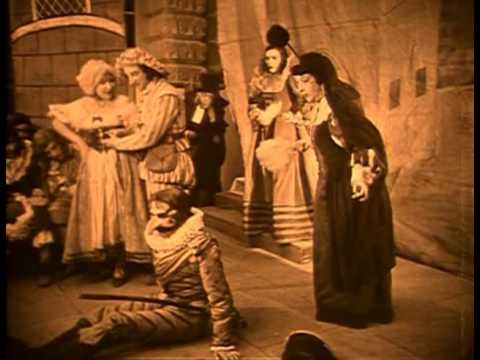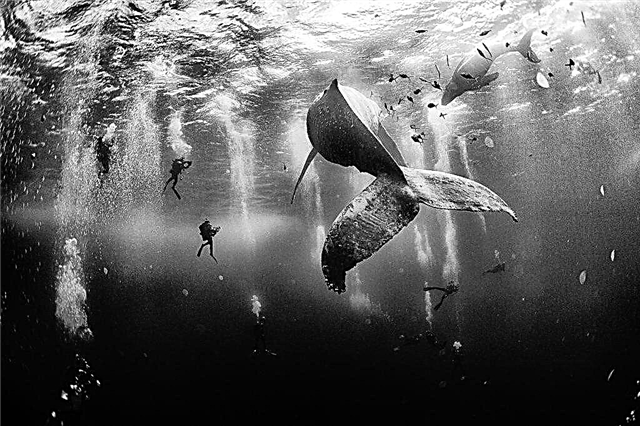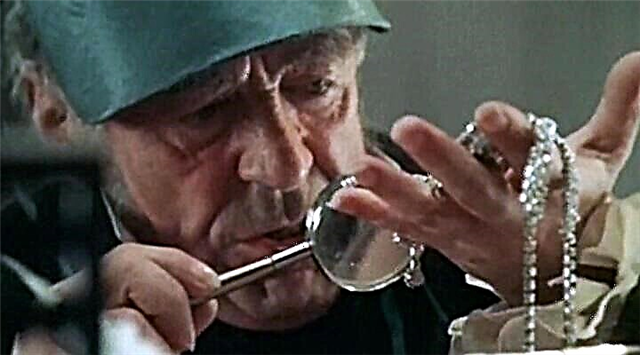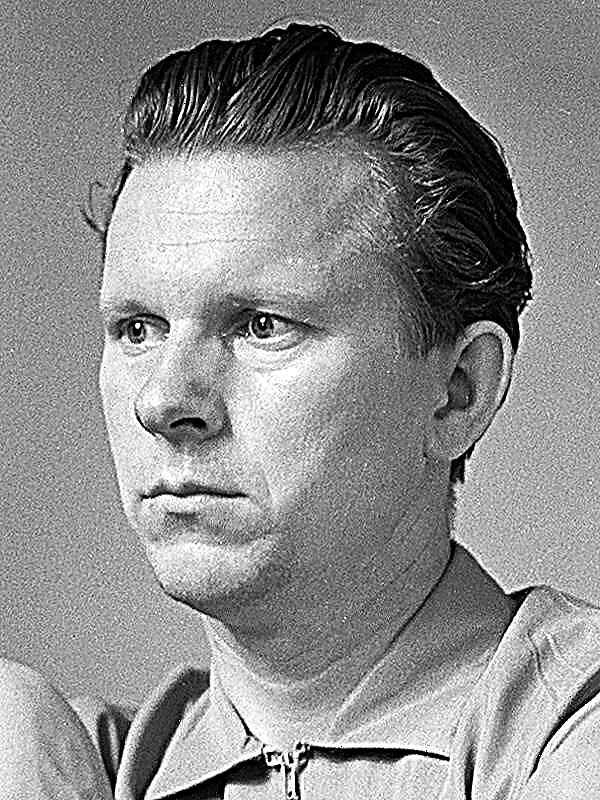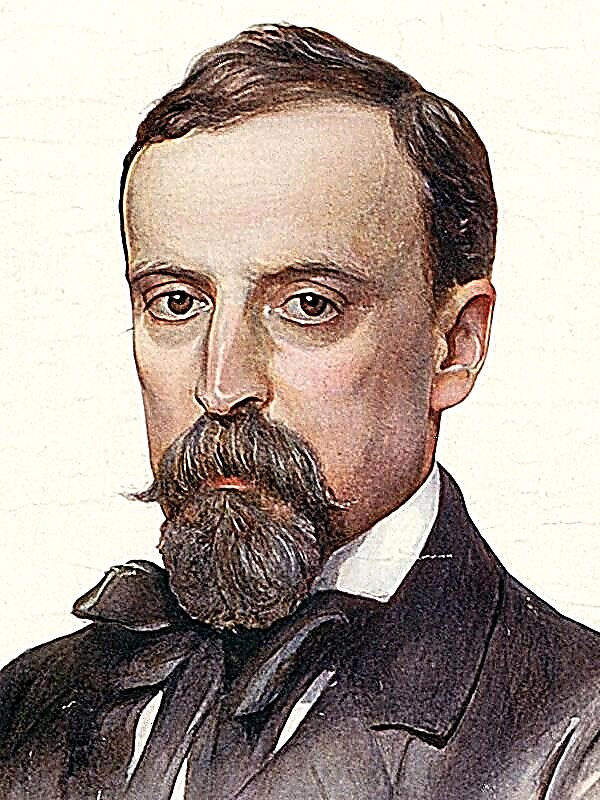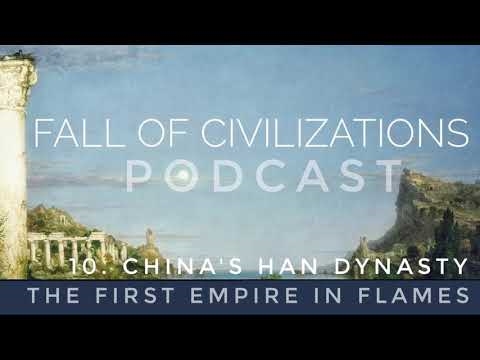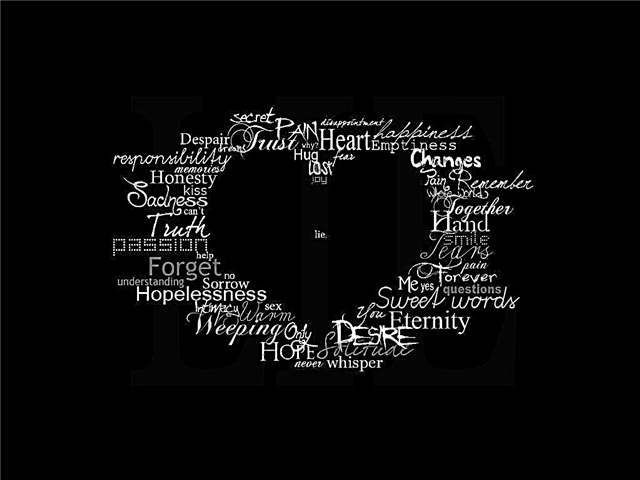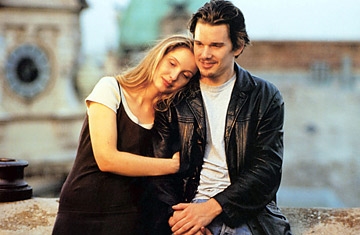The problem of ecology will remain relevant in any era. Humanity is an integral part of nature; any change in it cannot but affect the fate of thousands of people. But unfortunately, instead of helping our environment, contributing to its prosperity, we destroy a part of ourselves, inflict enormous damage to nature, which cannot always be eliminated. Humanity forgets about this thin invisible thread between us. The Literaguru team identified several important environmental issues that may occur on the exam. For each of them, he picked up literary arguments.
Negative human impact on the environment
- V.G. Rasputin, “Farewell to Matera". In the story "Farewell to Matera" VG Rasputin raises the problem of the negative impact of man on the environment. Due to the construction of a hydroelectric power station, it will be necessary to flood what is so expensive for many people - the village of Matera. This means that cemeteries will be looted, trees cut down, houses destroyed. Not only is the destruction of natural creations, but also of human memory. Without even thinking, a person kills the most valuable for people. For almost three hundred years, Matera has been a haven for many, but now it’s as if they had cut down a particle of the soul with their roots. Locals are indignant, but they can not do anything. They are powerless before the new "construction", the new generation. They had to put up and quietly leave their homes.
- V.P. Astafiev "Tsar Fish". In the story “Tsar Fish” writer V.P. Astafiev addresses an important issue - the extermination of animals. Ignatich is famous in his area for skillfully fishing and poaching. He thoughtlessly kills a huge number of animals, not realizing the danger of his actions. Ignatych strives for rich profit - he always does not only need what he takes from nature. The greed of the character forced to fish at any cost, the more the better. He was afraid to be caught, but still did not stop his illegal actions. Ignatich invaded nature, wanted to create his own laws there. Through his fault, many species of fish died. Unfortunately, there are still many such "heroes" in our days. People need to understand that someday any supply may be exhausted.
The relationship of man and nature
- Ray Bradbury, "And thunder struck." Ray Bradbury’s short story “And Thunder struck” reflects the mutual influence of man and nature. The writer shows readers the distant future, where, as an entertainment, people go to the past to hunt dinosaurs. But they do not suspect that the slightest interference in the natural process can lead to global change. A participant in such "entertainment" - Ekels broke the rules. He descended from the trail, as a result of which there was a minor, at first glance, accident - the character stepped on a butterfly. However, only upon arrival in his era did the hero realize his mistake. The "elegant little creature" tumbled down the small dominoes, they also affected the big ones, then the huge ones started to fall. And now, Eckels is already committed to another world, with different values, moral principles.
- I.S. Turgenev, “Fathers and Sons”. I. S. Turgenev in the story “Fathers and Sons” proves that a person is not able to go against the natural - against nature. The author created the image of the hero-nihilist Evgeni Bazarov, who does not recognize the beauty of the world, love, art. He is convinced that "nature is not a temple, but a workshop, and a person is a worker in it." However, all people are closely connected with the laws of nature. Life itself proves to Bazarov that its principles cannot be followed. The power of love strikes the hero - his soil under his feet becomes unsteady. There is an internal contradiction in Bazarov’s soul, because he doesn’t act according to his principles. In the novel, nature merges with man. The landscape paintings reflect the thoughts of Arkady, his father. Man cannot live without love, without understanding of nature.
Nature experiments
- M. A. Bulgakov, “Dog Heart”. In the novel “The Heart of a Dog” M.A. Bulgakov poses the problem of human intervention in nature. Professor Preobrazhensky conducts an experiment on an animal: he transplantes the dog Sharik of the gland of Klim Chugunkin. However, such a violation of the natural process did not lead to anything good. The ball turned into a rude, depraved, person who disrespectful to others. Soon, the professor realized his failure and returned everything to its place: at the end of the story, the dog Sharik calmly dozes in his office. Man is unable to change nature, he can only harm her with his thoughtless intervention.
- M.A. Bulgakov, "Fatal Eggs". The problem of a person’s desire to make changes to nature is raised by Bulgakov in another work - in the story "Fatal Eggs". Vladimir Persikov created a special "ray of life", which contributed to the rapid development of organisms. This should have led to the fact that future offspring grew enormous. However, the result was different from past expectations: instead of hens, animals appeared that attacked people, destroyed homes (crocodiles, ostriches). Experience proves that a person should not try to interfere in nature, otherwise he himself will suffer from his own experiments. Moreover, people can also harm the environment. We need to take care of nature, protect it, and not destroy it.
The influence of nature on man
- F.I. Tyutchev, "In the hours when it happens." The lyrical hero of the poem F.I. Tyutcheva "In the hours when it happens ..." - a sensitive, gentle child of nature. Together with her, he experiences any change, even the most insignificant. When he is overcome by grief, his heart is heavy, and the comforts of his friends are not funny, the hero does not cease to be surprised at the beautiful. Nature transforms it, the ray of the sun returns to life again, the soul becomes warm. Longing and sadness disappears, they are replaced by peace and happiness. Although neither a ray nor “sweet air” carries any “lessons and advice”, they help a person to find inner harmony. The lyrical hero compares nature with the purest and brightest feeling - love. For him, these are two integral elements of human life.
- A.A. Fet "Silent leaves, stars rdelali". In the poem A.A. Feta "Silent leaves, stars rdelali" depicts the influence of nature on the human soul. The lyrical hero, along with her lover, watches the night sky. The mysterious power of stars captivated them, bewitched. All feelings, secrets are torn out, because how can you at least hide something in yourself when “the sky looks into living breasts”? The evening landscape awakened "all living things", laid bare their sensitive souls. Only a sensitive person can not remain indifferent from such bewitching beauty, he will not remain silent. Everything that tormented him so long tormented and worried. Everything that made me cry, laugh. Everything breaks out of the chest.
Positive human impact on the environment
- Antoine de Saint-Exupery "The Little Prince". The writer Antoine de Saint-Exupery in the story “The Little Prince” raised an important problem of any era - a respectful attitude of man to nature. From childhood, the boy was convinced that we needed to "be responsible for those whom we tamed." If humanity will be careful about the nature that surrounds them, animals, then the world will become much better and cleaner. Everyone needs to understand that the state of the planet depends only on our activities. The little prince called to take care of our world, help it, and not destroy it. Disrespect for the planet can lead to dire consequences: the death of animals, the destruction of flora, environmental pollution.
- K.G. Paustovsky "Hare legs". The hero of the story K.G. Paustovsky's "Hare legs" performed a merciful act. He cured the hare that saved him from death. Grandfather Vani Malyavina during the hunt faced a serious danger - a forest fire. The hare helped the hero save his life: he led him out of the burning zone. For the rest of his life, his grandfather helped the poor animal: he treated his burnt paws, took care of him. The hero refused to sell a hare; he could not deprive his friend of freedom. It is important to remain human in any situation, not to lose humanity, not to be indifferent to our brothers. The hare saved the hero, and he, in turn, helped the animal.

